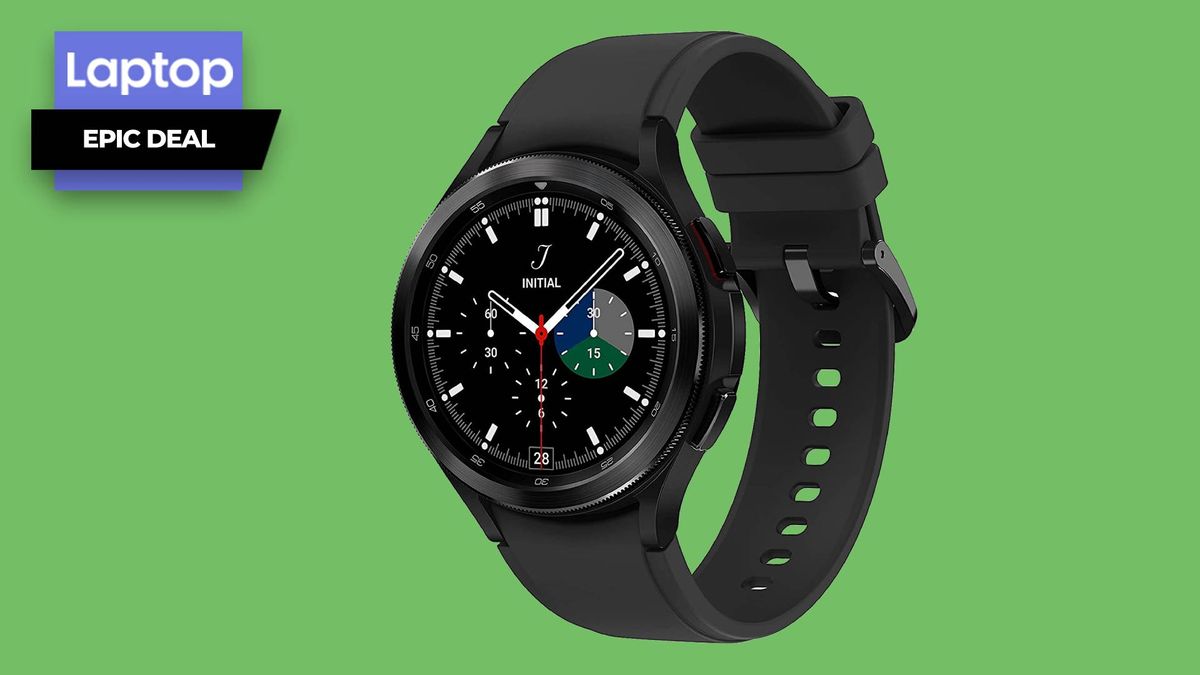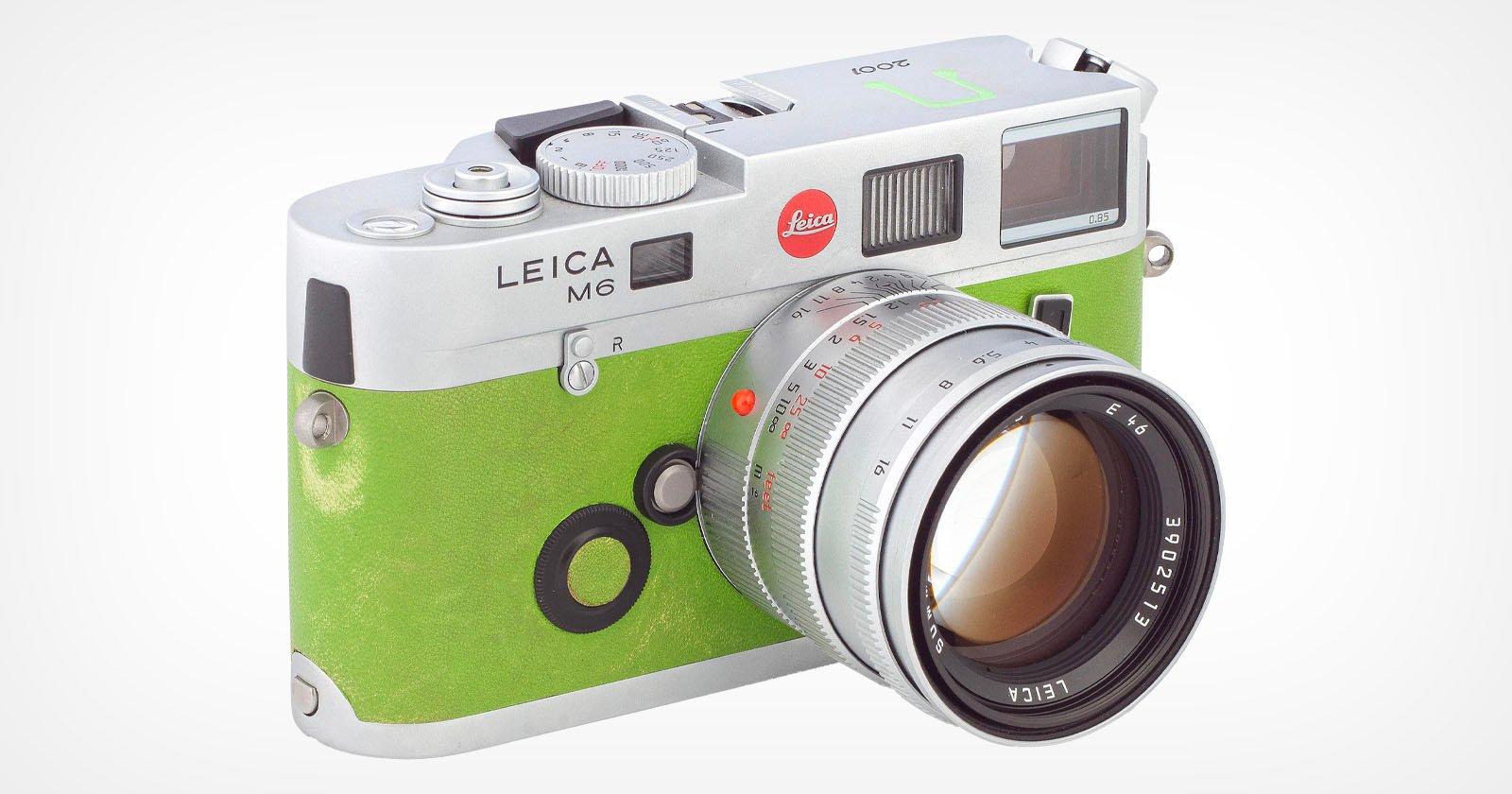
Gaming desktops are specialized personal computers originally designed to play video games. However, these high-powered PCs are now being used to complete resource-intensive tasks like 3D rendering, video editing, photo editing, CAD, overclocking, and performing at 4K or 8K resolution. In fact, gaming PCs have helped pave the way for several developments of hardware components in normal desktops we use today, like sound cards, network cards, and video cards.
Gaming computers are often custom-built for the purpose of fine-tuning performance and having complete control over components and accessories, but pre-built gaming PCs are becoming increasingly popular due to their reliability, warranty, and (perhaps most importantly) time-saving qualities.
What sets gaming PCs apart
One of the biggest differences between a standard and a gaming computer is video processing. Gaming computers have video cards that include dedicated RAM, a GPU, and a cooling system, whereas a standard PC uses an onboard graphics controller. In fact, these discrete GPUs are where we draw the line between standard and gaming PCs. Although there are a whole lot of other parts and peripherals that are commonly seen with gaming PCs, a powerful discrete GPU is the defining difference. Most average gaming PCs also include most of the following:
- A high-speed, unlocked CPU – although not every gaming PC needs to be overclocked, they are rarely built without the option no matter if you’re buying a prebuilt or buying parts yourself.
- A high-end cooling system – water-cooling has become increasingly popular for gaming PCs due to the increased surface area available to dissipate heat with these types of coolers. However, high-end air coolers (or fans) are also available. If you plan on overclocking your machine, don’t skimp on your cooling system as overclocked components put out even more heat.
- High-speed RAM – Random Access Memory is used as a temporary, super-fast data storage for your processor. When a program is launched, the hard drive sends relevant information for that program to RAM where the processor can access it much more quickly. The more RAM you have, the faster your CPU can fetch this data. Similarly, the faster the RAM, the less time it takes for the data to appear on your screen. In gaming, for example, this would result in a higher FPS (frames per second). For other programs like CAD, video editing, or 3-D modeling, this means shorter load/processing times. Although it is also common to buy RAM with a heat sink, recent tests have shown this provides minimal difference unless you are really pushing the limits of your CPU.
- High-end audio – Better audio is common with high-end computers. This can be achieved through high-end onboard audio components, the use of external DACs (digital-to-analog converters), and of course, better speakers.
- Cable management – Cable management becomes much more important with high-powered machines, which goes beyond aesthetic reasons. Effective cable management helps prevent dust build-up, improve airflow, and reduce heat. An overheated machine can cause heat-induced lag, among other more detrimental problems.
- Performance storage – the larger and more efficient your storage is, the quicker programs will load. That’s why high-end (gaming) PCs are typically accompanied by SSDs and/or RAID storage.
- Flashy aesthetics – Although this one does little to nothing for performance, high-end gaming PCs are akin to sports cars. Typically, the better the high-performance PC, the more lights, windows, and increasingly custom cases you’ll find. However, even sub-800 dollar builds typically have some sort of flashy aesthetics.
- Attention to detail – The little things make your PC just a little bit better– like noise-dampening gaskets, anti-vibration fan mounts, and dust filters at the air intakes.
Although gaming PCs can become bottomless pits into which you can pour endless amounts of cash, you can achieve significant quality and performance for very modest build (or prebuilt) budgets. So should you buy…or build?
Buy or Build?
If you’re asking yourself whether you should buy or build a gaming PC, this section should help you decide. Let’s start with some reasons to build your own PC (or have it built by a professional):
- Pick your own parts – When you build your own PC, you get to hand-select every component you use. If you have the option to choose the make and model of RAM, your PSU, and even fans and cables, you may want to build your own PC. On top of that, you can opt for higher-quality parts that make your system easier to overclock – if that’s what you’re looking for. Lastly, you can control the aesthetics by selecting an attractive chassis and components to match.
- Re-use existing parts – If this isn’t your first build, you can probably carry over some of the components of your last build to your new build, for example, the case, power supply, and storage.
- Make it yours – If you take pride in designing something from the ground up, building your own PC can be incredibly satisfying. Just don’t forget you’re going to sacrifice a lot of time building a gaming PC, especially if this is your first build.
While building your own gaming PC is a great option for many avid gamers and technophiles, there are plenty of reasons to buy or rent a pre-built PC from a company like Alienware, HP, Corsair, or Origin. Here are some good reasons to buy or rent a prebuilt PC:
- Time is money – If you don’t have time to spend several hours researching and ordering parts, unpacking boxes, sending back parts that don’t fit or work properly, buying or renting a prebuilt PC is probably your best bet – as this can save hours and hours of hassle and frustration. With a prebuilt PC, you can skip that hassle and, for the most part, plug-and-play.
- One warranty – When you get a prebuilt PC, the entire PC has a single warranty on it – if anything goes wrong, you only have to contact one company for troubleshooting or a replacement machine. On the other hand, if you choose to build your own PC and problems should arise, you have to figure out exactly why and deal with sending an RMA (return material acquisition) to a company just for an individual component. This means you could be without a desktop for longer than if you had dealt with a single manufacturer.
- You want a performance laptop – If you want a gaming laptop, there isn’t an option to build one yourself. Because not all parts for gaming laptops are standardized (and because they are much smaller), we don’t foresee custom laptop builds anytime soon. Read The Anatomy of a Gaming Laptop to learn more about gaming laptops.
To sum it up, though you may think that building your own gaming PC is always a lot cheaper, keep in mind that PC manufacturers get components at a lot lower prices than a consumer can. On top of that, even if you’re considering a prebuilt PC that is slightly more expensive than your custom-built setup, the savings in time and hassle could be well worth the extra cash.
Best Gaming PCs
Are you considering a prebuilt gaming PC? Here are our top three choices:
Alienware Aurora R11 – With its powerful Intel Core i9 10900KF (3.7GHz) processor, 32GB of DDR4-3200 RAM, a 1TB SSD, and the most powerful graphics card on the market, the NVIDIA GeForce RTX 3090, business professionals will have the power they need to finish even the most demanding of tasks.
HP Omen 30L – The Omen 30L is one of the most powerful computers available on the market. This computer comes equipped with a liquid-cooled Intel i9-10850K processor, a Z490 motherboard, 750W platinum PSU, 64GB of HyperX RGB Ram, a 4TB NVMe SSD + 2TB HDD of storage, and the NVIDIA GeForce RTX 3090 GPU.
MSI Trident – The MSI PCs are a popular choice for gaming desktop rentals because they can handle just about any game or program you throw at them. Great graphics and high performance are a hallmark for MSI gaming computers.
Gaming PC for business?
Do you need to use your PC for completing tasks that are more strenuous than loading web pages, emails, and excel documents? If your work involves Adobe programs like Photoshop, Video-editing, running CAD software, or other work that requires a lot of computing, a gaming PC may be better for you than a standard laptop. The main reason? Standard PCs have no discrete graphics card.
Of course, gaming PCs were designed with video games in mind, but other programs can take serious advantage of that processing power – saving you time, money, and frustration waiting for your non-discrete GPU to load your programs.
Rent a gaming desktop
Our gaming PC rentals feature the latest graphics cards capable of keeping up with even the most demanding games, medical software, video editing needs, or engineering software. With service in over 1000 cities worldwide, Rentacomputer.com offers gaming desktops, business desktops, gaming laptops, standard laptops, displays, tablets, and other office equipment rentals to meet the needs of your next event, conference, or project. Get a quote for all of your gaming laptop rental needs today!

Are you thinking about renting a gaming desktop? Tech Travel Agent Mark Gillaugh specializes in gaming PCs, Alienware rentals, RTX workstations for conferences, and much more. Mark will handle any questions you have about RTX PCs. Contact Mark today at 1-800-736-8772 ext. 249 or fill out a fast, easy online quote form.
Subscribe to our blog today to stay up-to-date with Rentacomputer.com and follow us on social media. Join the discussion by commenting below.






